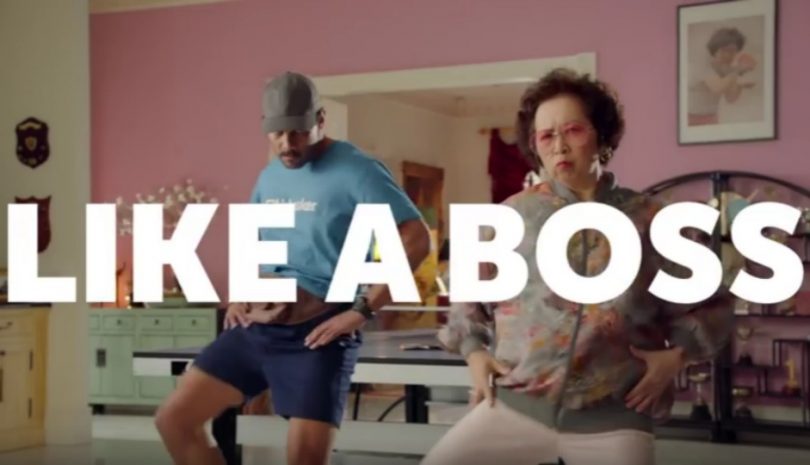Airtasker being sued over “Like a Boss” ad campaign

Two Sydney-based tech companies that help people outsource and find jobs are engaged in a legal dispute over rights to the phrase, “like a boss”.
Freelancer.com is suing Airtasker for breach of confidence and misuse of information and claims that Airtasker stole its intellectual property.
According to Freelancer, Nikki Parker, then vice president of communications, came up with the “like a boss” slogan and the idea to create stories around individual users in 2012.
The concept is similar to a video marketing campaign Airtasker launched in September 2016, which features different characters using Airtasker to get things done “like a boss”.
Freelancer claims that two Airtasker employees who formerly worked at Freelancer were privy to the concept.
However, Airtasker says those employees never overlapped with Parker at Freelancer. Furthermore, Airtasker says an advertising agency, U Don’t Know Us, came up with the campaign, not the two employees.
Airtasker says Freelancer tried to register a trademark for “like a boss” the day after it launched the campaign, but the phrase, which has been an internet meme since 2004, is not able to be trademarked.
Internet Retailing spoke with Dhanu Eliezer, a lawyer specialising in trademarks, about how companies can avoid legal disputes like the one between Freelancer and Airtasker.
Internet Retailing: What steps should a company take to ensure it doesn’t infringe on another company’s intellectual property?
Dhanu Eliezer: When developing a marketing campaign, it’s easy to focus solely on the creative aspects and overlook any potential IP infringements. Undertake online and offline searches to identify any similar material. LinkedIn, Facebook and Twitter should be checked to determine whether businesses have used similar material or phrasings.
Searching IP Australia’s trademark register will help you identify if your use of a mark is similar to pending or registered trademarks. It’s also a good idea to keep records of meetings and discussions in case someone claims an infringement of their intellectual property and a dispute arises.
IR: What steps should a company take to protect their intellectual property?
DE: Marketing teams should be familiar with copyright and trademark law. Copyright automatically protects any original content your marketing team creates. Companies can show this through the use of the copyright symbol ©, the creator’s name and the year of creation.
Titles and names such as slogans are generally considered too short to contain original expression and so are not protected by copyright . A company using a slogan as a way of identifying their business or brand can register their slogan as a trademark which would give the company the exclusive right to use the mark in relation to their goods and services .
Unregistered trademarks in Australia can also be enforceable if passing off has occurred . However, it is more time-consuming and costly to establish that a right exists in the unregistered trademark and that the unregistered trademark has been infringed. It is therefore important to register your trademark as early as possible and to start using it and making it public. You should also keep records of when the company started using the mark.
A company should put in place an IP strategy for all aspects of their business, including their marketing campaigns. Planning ahead by applying for the registration of your trademark months before launching a marketing campaign, for example, could overcome any disputes arising in regards to first use and prior claims to a mark.
Confidential information and intellectual property created by an employee or contractor in the course of their employment will be the property of the employer unless specifically stated otherwise in the employment or contractor agreement. Employees and contractors should be aware that they are prohibited from taking ideas from one company to another. Restraint of trade clauses can be added protection against former employees sharing ideas with competitors.
Comment Manually
You must be logged in to post a comment.

No comments